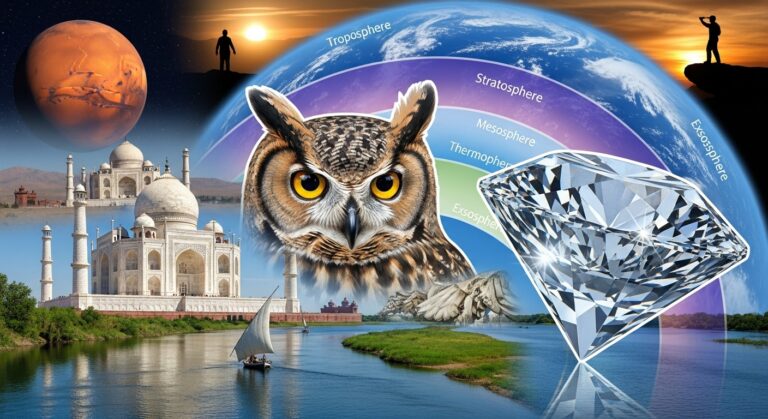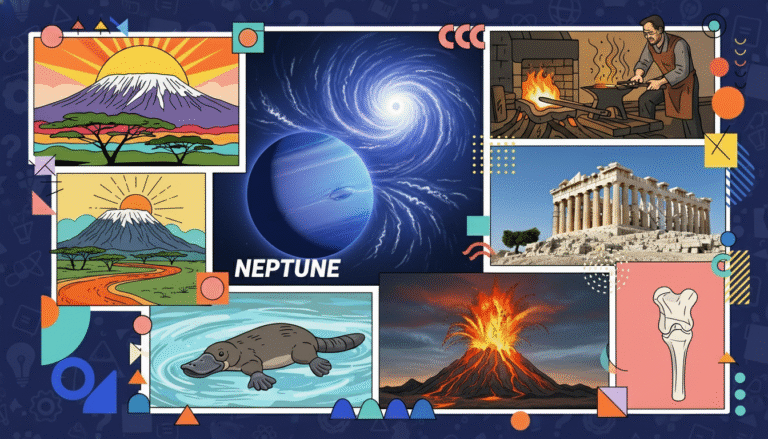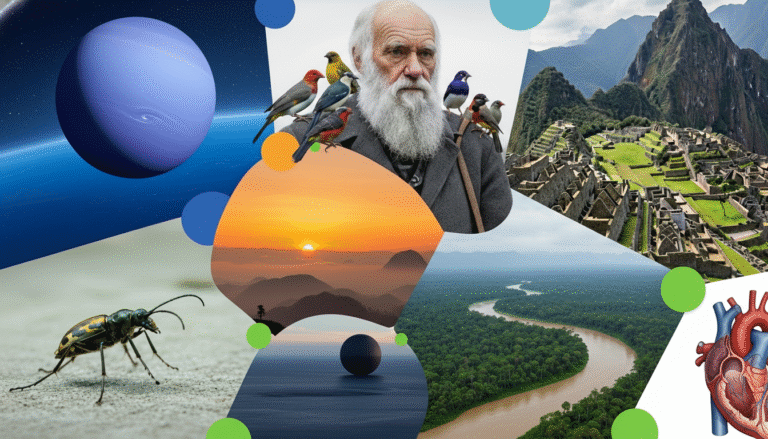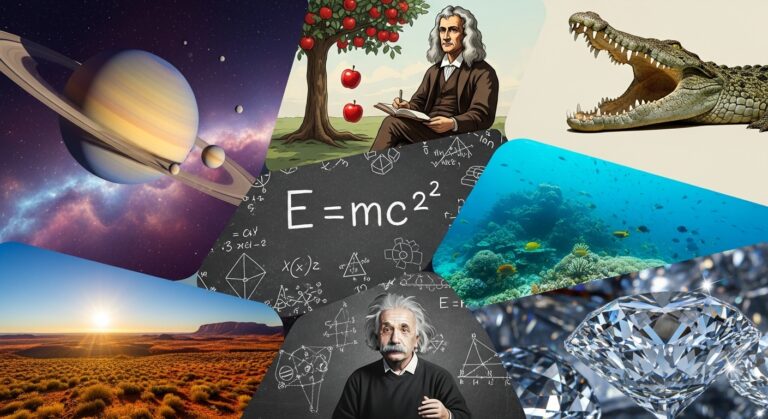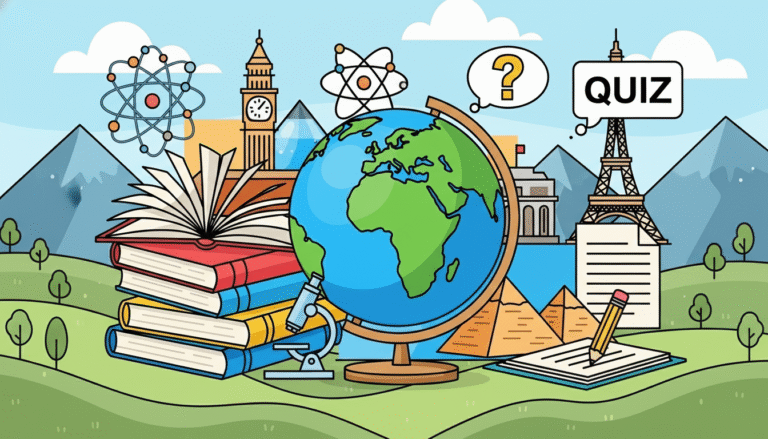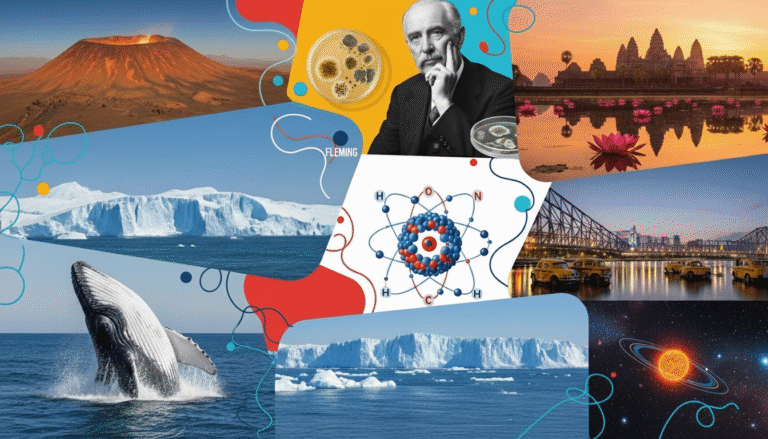Smart People Try This General Knowledge Quiz — Will You?
A smart general knowledge quiz is more than entertainment—it tests your understanding of the world, your memory, and your ability to think critically. It challenges you to recall facts about science, geography, history, culture, and human biology. This quiz is designed to reveal how much you truly know—or don’t know—and help you discover fascinating new information along the way.

This article explores every question in the quiz, giving detailed, educational explanations so you walk away with real knowledge. If you consider yourself smart, this is your chance to prove it.
Venus: The Planet With a Day Longer Than Its Year
One of the most surprising facts in astronomy is that Venus rotates so slowly that a single day on Venus (one full rotation) is longer than one Venusian year (one full orbit around the Sun).
A Venus day lasts about 243 Earth days, while its year lasts 225 Earth days.
Venus also spins in the opposite direction of most planets, meaning the Sun rises in the west and sets in the east. Its thick atmosphere traps heat through an extreme greenhouse effect, making it the hottest planet in the solar system.
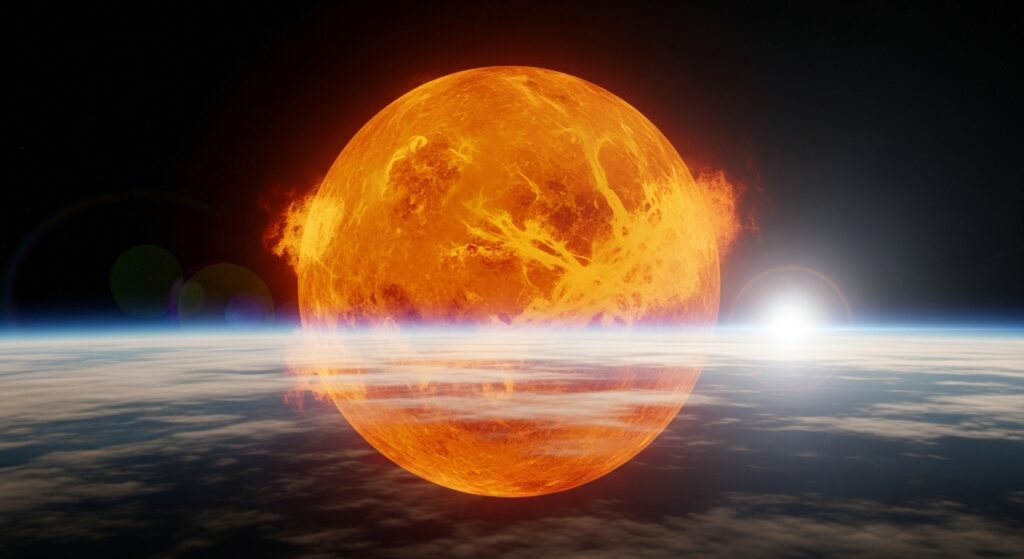
Charles Darwin and the Theory That Changed Biology
Charles Darwin developed the theory of evolution by natural selection, forever changing how we understand life. His observations of finches, tortoises, and wildlife on the Galápagos Islands helped him realize that organisms adapt to survive their environment.
Darwin’s theory explains:
- Why species change over time
- How some traits give survival advantages
- How new species eventually emerge
- Why biodiversity exists
His book On the Origin of Species remains one of the most important scientific works ever written.

Cairo: The Historic Capital of Egypt
Cairo is the capital of Egypt and one of the largest cities in Africa. It is home to centuries of history, including the famous Egyptian Museum, Islamic architecture, and ancient streets full of cultural heritage.
Although the pyramids are located in Giza, they are considered part of the greater Cairo area. Cairo is a melting pot where ancient civilization meets modern life.
The Roman Colosseum: A Symbol of Ancient Engineering
The Colosseum, built almost 2,000 years ago in Rome, showcases the engineering brilliance of the ancient Roman Empire. It hosted gladiator battles, animal hunts, and public spectacles.
Key facts:
- Could seat up to 80,000 people
- Had elevators, trapdoors, tunnels
- Used concrete innovations still studied today
- Survived earthquakes and centuries of erosion
It remains one of the most iconic architectural wonders of the ancient world.
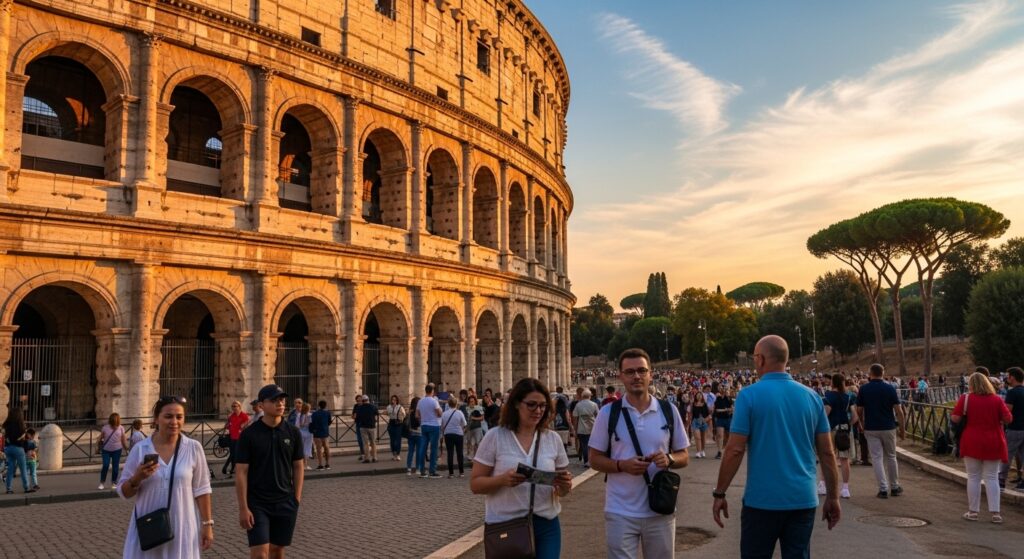
Water: Why H₂O Matters More Than Anything
H₂O is the chemical formula for water, the substance that makes life possible. Water covers more than 70% of Earth’s surface and is essential for all living organisms.
Water supports:
- Temperature regulation
- Nutrient transport
- Digestion
- Climate control
- Plant growth
The unique shape of the water molecule allows it to dissolve many substances, making it a universal solvent.
Vatican City: The Smallest Country in the World
Vatican City covers only 0.49 square kilometers and is located inside Rome. It serves as the headquarters of the Roman Catholic Church and is led by the Pope.
Despite its size, it houses cultural treasures such as:
- The Sistine Chapel
- St. Peter’s Basilica
- Vatican Museums
Its economy runs on tourism, postal services, and donations.
Kepler and the Laws of Planetary Motion
Johannes Kepler discovered the laws that describe how planets orbit the Sun. His laws were revolutionary because they replaced the old idea of perfect circular orbits.
Kepler’s laws explain:
- Planets move in ellipses
- They speed up near the Sun
- Orbital periods depend on distance
His work laid the foundation for Newton’s laws of gravity and modern astronomy.
The Liver: Your Body’s Detox Powerhouse
The liver filters toxins, processes nutrients, produces bile, and stores energy. It regenerates faster than almost any organ, making it incredibly resilient.
The liver handles:
- Alcohol metabolism
- Medication breakdown
- Blood sugar regulation
- Vitamin storage
- Fat digestion
Without it, survival would be impossible.
Africa: The Continent With the Most Countries
Africa contains 54 countries, more than any other continent. It is rich in cultures, languages, landscapes, and ecosystems.
Africa has:
- The longest river (Nile)
- The largest hot desert (Sahara)
- The earliest human fossils
- Over 2,000 languages
It is a cradle of civilization and biodiversity.
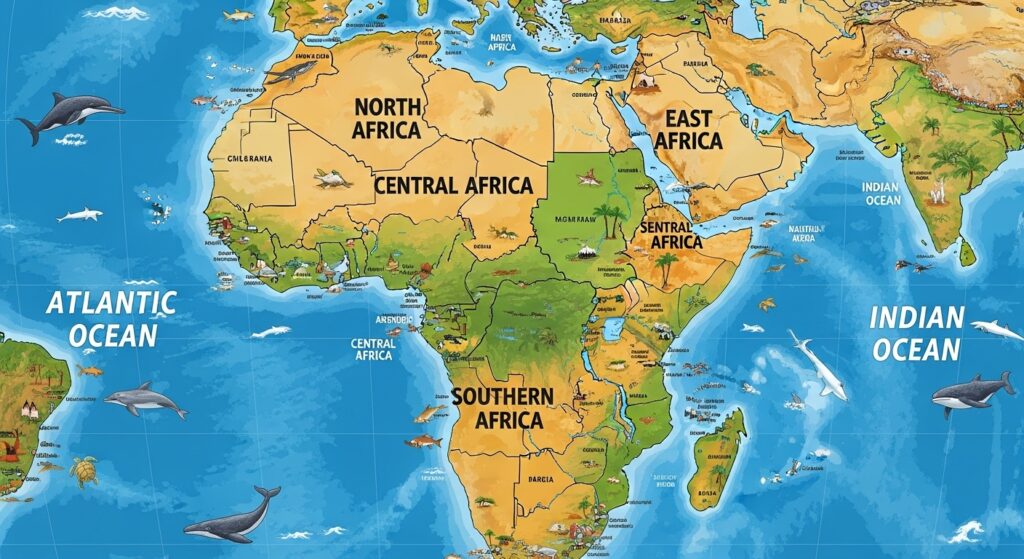
The Freezing Point of Water
Water freezes at 0°C (32°F). This fundamental scientific fact forms the basis for weather forecasting, food preservation, climate science, and everyday life.
Ice expands when it freezes, which is why frozen water can crack rocks or burst pipes.
Did This Smart General Knowledge Quiz Challenge You?
A smart general knowledge quiz is the perfect way to evaluate your understanding of the world. These questions reveal how much you know about planets, science, history, geography, and the human body. The more you explore and learn, the sharper your mind becomes. Quizzes like this help you grow intellectually and spark curiosity that lasts a lifetime.


